Itinerant Camp: The Tour du Mont Blanc
A child-friendly version of the mythical Tour du Mont Blanc on foot.
Dive into the heart of the Alps for an expedition like no other around Mont Blanc. This camp, designed for young adventurers, offers a unique combination of physical challenges, self-discovery, and awakening to natural beauty.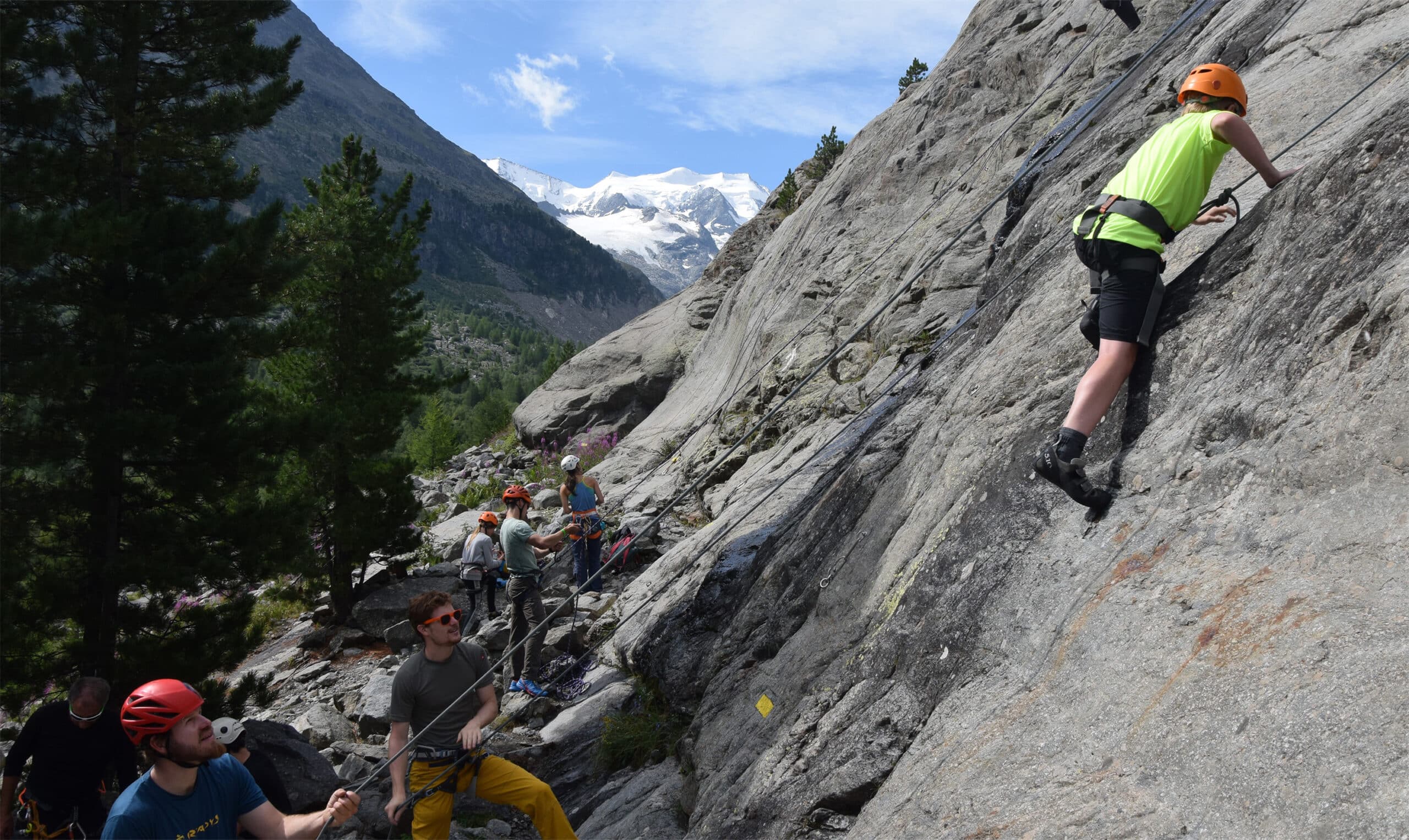
Unique Bilingual Experience in the Heart of Nature
French and English
At our summer camp, the Young Explorers Club celebrates cultural and language immersion by offering an exceptional bilingual experience. Participants have the unique opportunity to speak, learn and practice English and French, in a natural and international setting. Our approach allows each young explorer to fully immerse themselves in both languages, enriching their educational experience while indulging in outdoor adventures.
- Active Learning: Languages are learned through outdoor activities, making learning lively and engaging.
- Development of Communication Skills: Daily practice of English and/or French in a variety of situations.
- Boosting Self-Confidence: Express yourself in a new language in front of others.
- Cultural Exhibition: Interaction with participants of various nationalities.
- International Adventure: A multicultural setting that erases borders.
A Hiking and Multisports Camp
Mountain adventures, camping, sports and Mont Blanc!
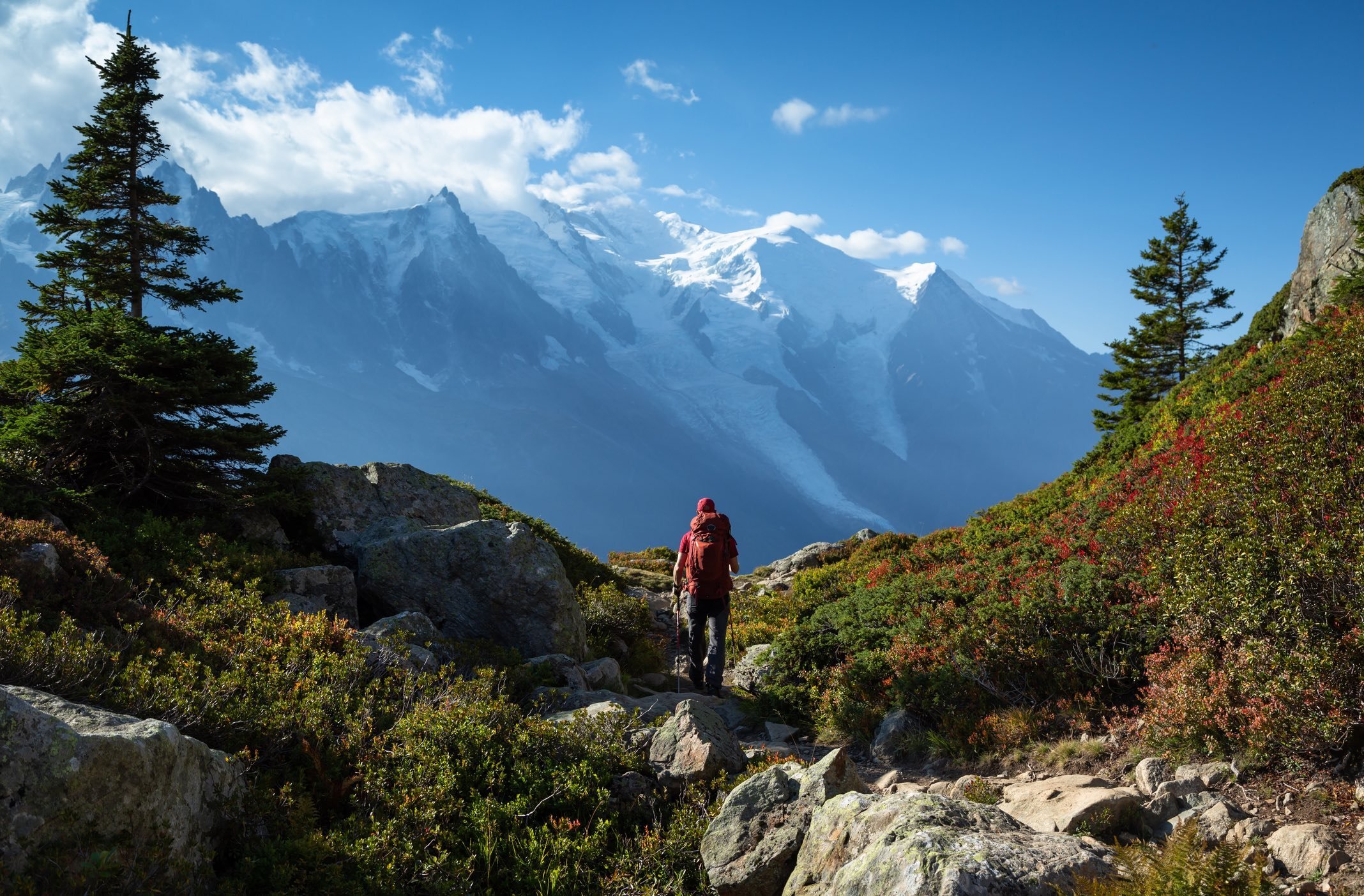
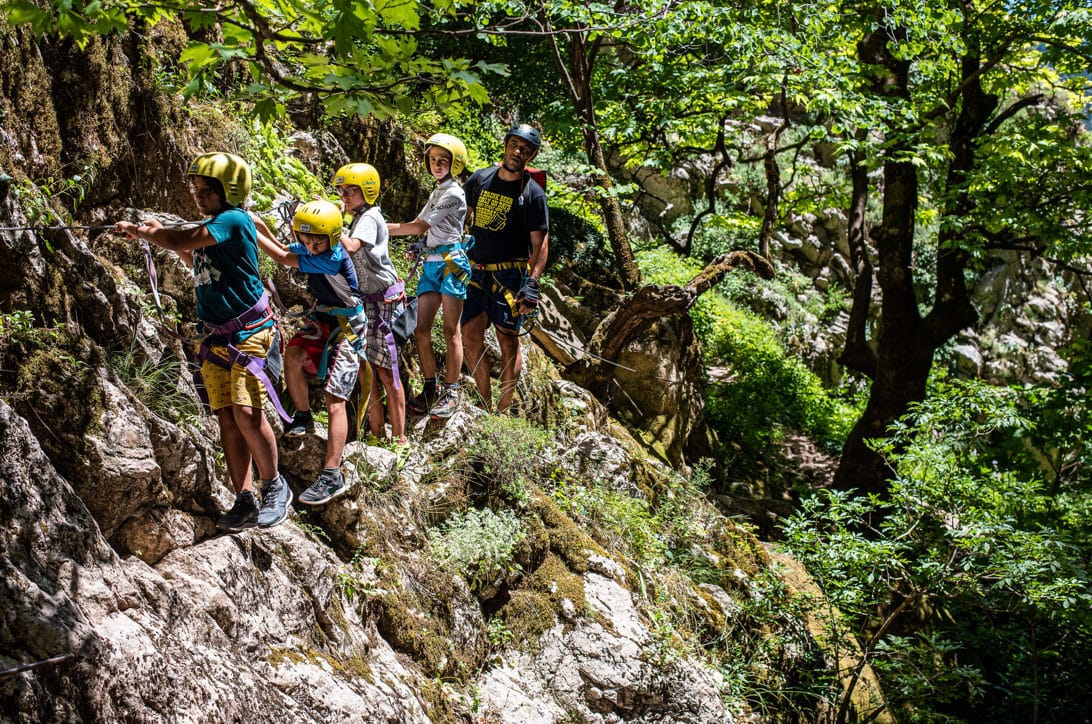
Hiking but also fun!
Camping, games, rock climbing, caves and more!
- Hiking Mornings : Conquer the emblematic trails, supervised by our experienced guides. Every day offers a new discovery, from sunrise over snow-capped peaks to crossing flower-filled valleys.
- Multisport Evenings : After a day in the mountains, the evenings are devoted to a variety of sports activities!
- Afternoons are reserved for team games: imagine raft-building competitions, where cooperation and ingenuity will be your best allies as you navigate the tranquil waters of a mountain lake. The evenings are enlivened by nightly orientation challenges, building trust and collaboration under a starry sky.
Why Join the Camp?
- Adventure & Discovery : A perfect balance of outdoor adventure and a variety of sports.
- Personal Development : Build your confidence and team spirit in an international setting.
- Friends for Life : Make lasting connections with young people from all over the world.
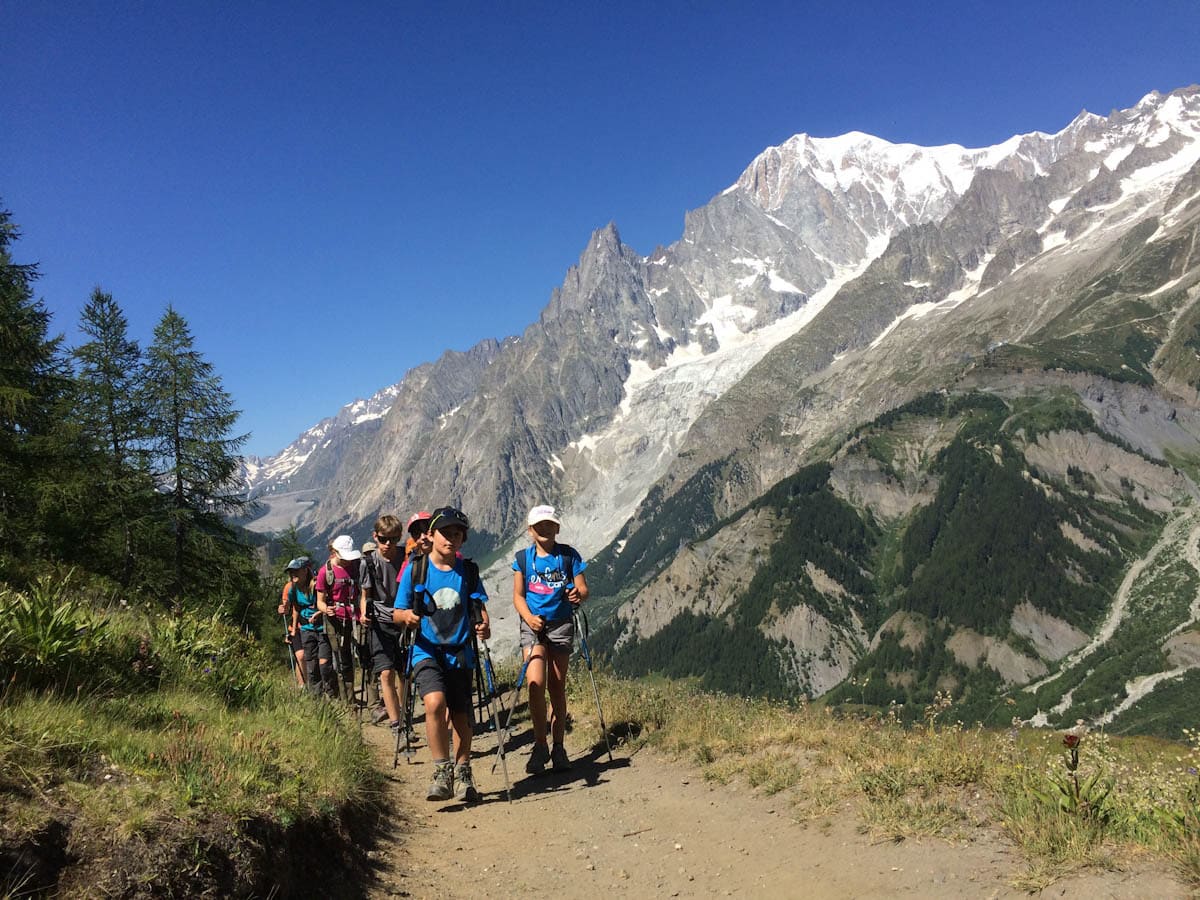
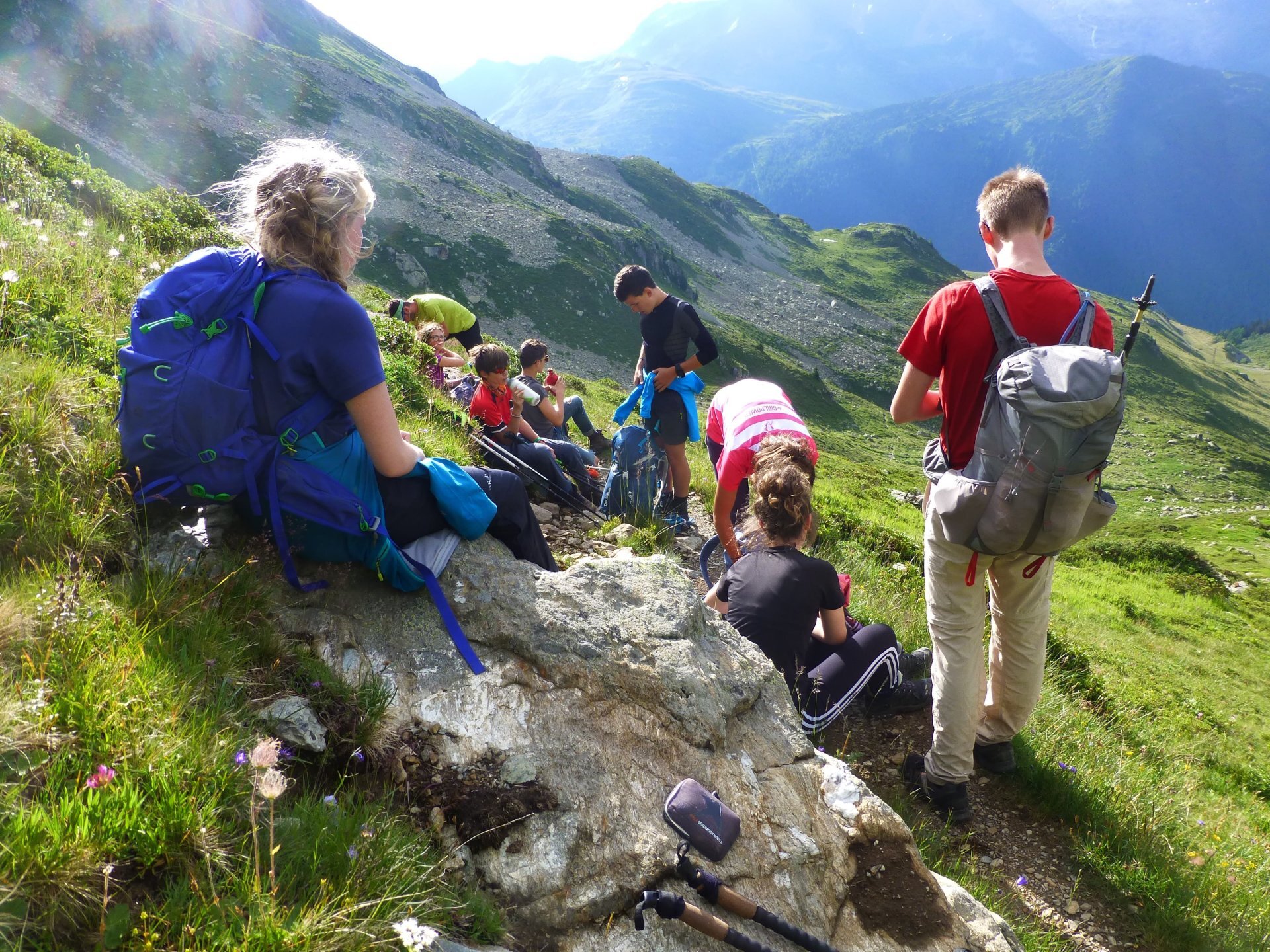
Registration Form:
Please fill out the form before the spots are sold out!
20% group discount on all bookings!
This means that if you register two or more participants, each of those registrations will be 20% cheaper.
PRE-REGISTRATION FOR CAMPS (FREE OF CHARGE)
Book a place in the camps for free!
More info:
Dates
Find below the FAMILY / GROUP DISCOUNTS.
Sessions 1 week (Swiss participant price: 790CHF**. International participant price: 1210CHF**):
Session 1: 29.06.24 – 6.07.24
Session 2: 11.08.24 – 17.08.24
*Attendees can participate in one or more consecutive sessions. And for those who want longer camps, we have other camps too (participation in multiple sessions is possible).
**Thanks to the help of our local sponsors, we are able to provide a discounted price to all Swiss nationals. The mentioned price includes all costs of the participant during the camp period, i.e. all public or private transport during the camp, food, accommodation costs, and any common group equipment (tents and any other equipment related to the activities, harness and climbing equipment). Not included: Round-trip transportation to the meeting point and any personal equipment (sleeping bag (contact us if you need it), clothing and other personal expenses).
FAMILY / GROUP DISCOUNTS
: In order to promote the camp to a wider range of families (who might also share our values), we are able to offer a 10% discount on all bookings if they join a friend or family member. This means that if you register two or more participants, each of those registrations will be 10% cheaper.
Logistics
For Swiss participants, the meeting point for all the different sessions of the camp is at Lausanne Gare. From Lausanne, transport is organized to the departure of the camp in Obergoms for 1 day of multi-activities before the start of the camp. Another meeting point will be organized from Geneva airport for international participants. Transport will also be arranged from there.
Ages & Languages
We offer this camp in 2 versions, one for 9 – 13 year olds (itinerary and activities adapted to needs) and the other for 14 – 18 year olds. For participants between the ages of 16 and 18, we offer our innovative, youth-friendly leadership program, offering a unique blend of camp participation and a specialized program. This program is designed to foster the development of technical and soft skills through a series of activities, workshops, and hands-on leadership opportunities. We believe in bringing together an international community, which is why the languages spoken at the camp are French and English, which is what we have seen from our past experience and the huge benefit of mixing Francophones and Anglophones and learning from both groups.
Why should I attend this camp?
Itinerary and activities
A typical day
What physical condition should I be in?
Since we will be participating in different outdoor activities throughout the trip, our students must have a minimum of physical fitness to participate in the camp. But in our experience, this is the case for 95% of young people between 9 and 16 years old! In the months leading up to your trip, we recommend that you participate in physical activity at least once a week if you are not already doing so. Contact us if in doubt, we will be happy to guide you to the best camp.
What equipment should I bring?
Learning outcomes from this trip:
- Leadership & Teamwork
- Outdoor Survival & Camping Skills
- First Aid and Emergency Preparedness
- Environmental Awareness and Conservation
- Personal Values and Ethical Decision-Making
- Cultural understanding and respect for diversity
- Fitness & Healthy Habits
- Citizenship and Community Service
- The ultimate goal is to help our participants become responsible and well-rounded individuals, ready to make a positive impact in the world.
What if I don't know anyone else?
Most of our students come to Young Explorers Club without knowing anyone before their trip. You’ll start making friends as soon as you arrive at the airport (and our instructors will be there to help). Once the journey is over, you won’t want to leave your new community! Most of our students remain friends long after their summer is over. We firmly believe that life is about having new experiences and making the most of every moment. However, we also recognize that the most meaningful experiences often require stepping out of our comfort zones and venturing away from familiar surroundings. When we do this, we find ourselves in unfamiliar and challenging environments, which forces us to fully engage with our surroundings and truly live in the moment. These new places and situations often bring new perspectives and can inspire us to continue seeking out new experiences that push us to grow and broaden our horizons.
What are the other students like?
The teenagers who come to the Young Explorers Club are kind, welcoming, eager to learn and come from all over Switzerland, France, USA and elsewhere. Our groups are full of positive young adults who will work well with each other. Young Explorers Club places a strong emphasis on group dynamics and creating a supportive social environment, and our students reflect this.
Safety: Is this camp safe?
During each activity, all preventive safety measures are in place and strictly followed. To see all our safety measures and protocols, please visit our dedicated page: SECURITY & TEAM.
Do you have any other questions?
We believe in human-to-human interaction: write to us via our contact methods (https://youngexplorersclub.ch/contact/) and schedule a call or meeting with one of our employees. We will be happy to answer any doubts or questions you may have. Or find the list of all frequently asked questions on FAQs.

